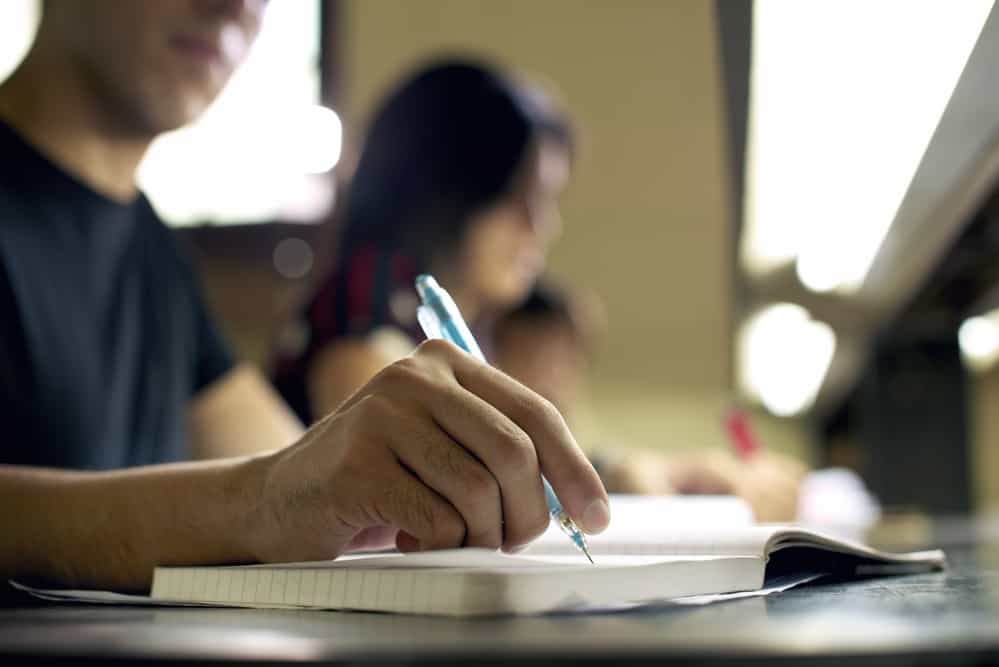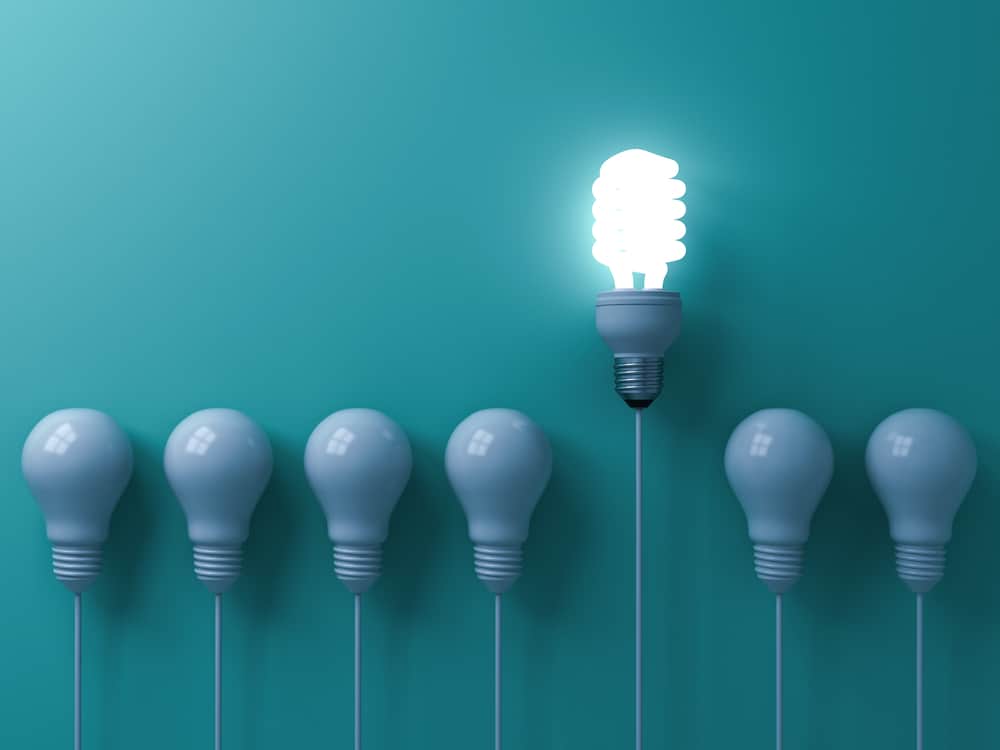
Self-learning has developed as a defining attribute of the modern individual in an era where information is just a click away. With the availability of information at our fingertips, it’s easier than ever to acquire knowledge and skills without formal instruction.
But, is this self-directed education just a fad, or is it a skill that can be developed and refined?
Yes, self-learning is a skill since it can be developed and honed just like any other competency. It’s not innate or inherent in all of us, but it is possible to learn how to learn and become more effective at it over time.
Key Takeaways
- Self-learning is the ability to learn something new on your own, without help from someone else. It’s a skill that you can learn and get better at over time.
- Self-learning is important because it supports lifelong learning, encourages independent thinking, and gives people the skills they need to adapt to changing environments. “Formal education will make you a living, but self-education will make you a fortune,” said Jim Rohn.
- How to Learn on Your Own: Self-learners who are good at what they do have skills like managing their time, being creative, being flexible, and being able to think critically. They also want to keep learning and are very driven to do so.
- To get better at self-learning: you should set clear learning goals, do active learning, look for challenges, stay curious, and regularly think about what you’ve learned.
- Value of learning on your own: In today’s world, where things change quickly, being able to learn on your own is very important. It lets people adapt, solve problems, and do well without relying only on formal schooling.
To further understand what makes self-learning a skill, we need to take a closer look at what it means.
What is self-learning and why is it important?
Self-learning refers to an individual’s ability to learn new information, knowledge, or skills independently and on their own, without being directed or taught by someone else.
Developing self-learning skills requires motivation, discipline, resourcefulness, and a growth mindset, as well as the ability to set goals, seek out information, and evaluate and apply what has been learned.
Self-learning is an important skill for many reasons, including the fact that it can help us become more independent and capable in life. Self-learning is also an important skill because it enables us to gain knowledge, skills, and abilities that we may not be able to acquire in a traditional school setting.
As Jim Rohn said, “Formal education will make you a living —self-education will make you a fortune.“
Furthermore, there are many successful individuals who are self-taught, proving the effectiveness of this approach.
This is because self-learning is an ongoing process that enables us to continue learning throughout our lives, while formal education provides a more finite set of skills and knowledge.
So how exactly is self-learning considered to be a skill in its own right?
How is self-learning a skill?
Self-learning is a skill in a number of ways, and it’s important to consider all of these ways if we want to develop the skill fully and make it applicable in our lives.
Encourages lifelong learning and love for education.
Self-learning is essential to a lifelong process of continual learning. It helps us acquire new skills and improve existing ones, as well as develop expertise in various areas.
This is because self-directed learning can empower learners to take charge of their educational journey, ensuring they progress at a consistent and sustainable rate that suits them.
Promotes independence in thought processes.
Self-learning fosters intellectual independence, allowing individuals to form their own opinions and perspectives.
It is a process of independent thinking that encourages us to question the status quo and seek out alternatives. This can be especially useful when you want to learn something new, as it allows you to do so without having to rely on others.
Cultivates a proactive attitude towards education.
Identifying the most effective method for encouraging self-learning can lead to more engaged and proactive learners.
This means that you’ll be able to take control of your own education rather than relying on external sources for all of the information you need.
You’ll be able to choose what information is useful and then how best to apply it in your life and work. Not only will this make you more autonomous, but it will also allow you to develop your own unique approach to learning.
Plus, exploring various self-learning materials allows you to further enhance your knowledge base on top of finding what learning style you prefer.
Prepares individuals for versatile challenges.
Self-learning gives you a set of tools that you can use to navigate your life, no matter what comes at you. This means that self-learning is not just about reading textbooks and taking exams; it’s also about learning how to learn and how to apply this knowledge when necessary. This means that you become flexible and adaptable; you are able to change your approach based on the situation.
Broadens depth of expertise in specific topics.
Self-learning is a skill because it allows us to learn more about a subject. It allows us to build on what we already know and helps us to get an overall view of the topic. This is a skill because it allows us to see the bigger picture, and helps us make connections between different areas of knowledge.
It enables individuals to stay up to date with current trends: Self-learning enables us to stay up to date with current trends in our fields of interest. When we learn things by ourselves, we are able to take advantage of the latest information available and apply it to our lives. This can help us to stay on top of our game and ensure that we are always improving.
Stimulates creativity and imaginative thinking.
In the same way that creativity is a skill, so too is self-learning. By building up our capacity for creative thinking through practice and development, we can become more adept at coming up with ideas, solutions, and approaches to problems that are not only novel but also of high quality.
Encourages critical thinking and problem-solving.
Self-learning is a great way to improve your critical thinking skills, as it requires us to constantly ask why. We have to think about what we’re learning and how it relates to other things we know; this helps us understand concepts in more depth than if we just relied on someone else explaining them.
What are the skills of a self-learner?
Since self-learning is a skill in itself, it requires certain skills to be effective. There are many skills that fall under the umbrella of self-learning, but here are some of the skills you need to become a self-learner:

Time management.
Self-learners need to manage their time effectively so that they can prioritize their own learning. It’s important to be able to identify what is most important and make sure you allocate enough time for it. This includes learning how to prioritize tasks, set goals, and generally manage your time effectively.
Resourcefulness.
In order to be a good self-learner, it’s important to be able to find the right resources. This means being able to identify the most suitable type of self-learning method and what kind of resources you need (books, articles, videos) and then finding them. It also means knowing where those resources are located so that when you need them later on down the road, they’re easy for you to access.
Learning how to learn.
This includes knowing the different types of learning, such as visual, auditory, and kinesthetic.
It also includes knowing how to make connections between things you’re learning and applying them in real-life situations. This also means being self-aware, so you can recognize your own strengths and weaknesses in the learning process.
Especially in the age of technology, it’s crucial to educate yourself on social media to stay updated with the latest trends and information.
Metacognition.
The ability to think about thinking. This means that you can reflect on your own thoughts and actions, evaluating them for their effectiveness.
You can also use this skill to plan ahead or change your approach if something isn’t working. This is one of the most important skills for a self-learner because it allows you to make decisions based on your own experience.
Experimentation.
The ability to experiment is a big part of self-learning. You need to be able to test out different ideas, approaches, and techniques in order to see what works best for you. This will allow you to figure out what works and what doesn’t so that you can make changes if needed. It also helps you to refine your approach so that you can become more effective in your learning.
To truly make the most of these experiments and invest in yourself, consider adopting a self-learning approach for personal and professional growth.
Adaptability.
Self-learners are able to adapt to changing situations. This means that they have the ability to keep an open mind and be ready for new information when it comes along. It also means that they are able to adjust their approach if something isn’t working.
Motivation and drive.
Self-learning requires a lot of work and commitment. You have to be self-motivated and disciplined enough to spend time learning new things, especially if you don’t have anyone to motivate you or keep you accountable.
Self-learning requires enough drive and motivation so that it isn’t just a passing fancy; it has to be something that you want to do for the long haul.
Critical thinking and problem-solving skills.
Critical thinking is a skill that allows us to question everything we’re told, and it’s an essential part of self-learning. We need to be able to look at the facts of a situation from all angles and determine what makes sense and what doesn’t.
This skill is especially important when it comes to learning new skills because there will always be gaps in our knowledge that need to be filled. Critical thinking helps us determine where those gaps are and how to fill them.
If self-learning is then considered a skill, how can we become better at it?
How can you develop self-learning as a skill?

Set learning goals
Identify areas you want to improve in and set specific, measurable, and attainable goals for yourself. This will help you focus your learning efforts and track your progress.
Read extensively
Read books, articles, and other materials on a variety of topics to broaden your knowledge and exposure to new ideas. If you’re still doubting the value of reading, then go check out the benefits of independent reading and how it can expand your horizons.
Practice active learning
Instead of passively consuming information, try to actively engage with it by taking notes, summarizing, and explaining it to others.
Seek out challenges
Look for opportunities to learn new skills and stretch yourself outside of your comfort zone. This will help you build resilience and improve your problem-solving abilities.
Stay curious
Maintain a curious mindset by asking questions, seeking out answers, and never stopping learning.
Network with other learners
Connect with other people who are passionate about learning, either in person or online. You can learn from each other and support one another in your growth, whether it be at work or in your personal life.
Besides, self-learning is a vital means for helping to improve yourself professionally and stay ahead in your career.
Experiment and make mistakes
Don’t be afraid to experiment and make mistakes. This is an important part of the learning process, and you will learn much more from your failures than your successes.
Reflect on your learning
Take time to reflect on what you have learned, what worked well, and what you can improve. This will help you consolidate your learning and make connections to new information.
Conclusion
Self-learning is a skill because it can be developed, honed, and improved just like any other skill. It takes time and effort to become a better learner, but the ability to learn on your own is an invaluable asset in today’s world.
A good self-learner can take in new information and use it for efficient and independent problem-solving. They are also able to learn effectively without direct instruction, and they understand the value of feedback and reflection. Self-learning is not easy, but by using some of these strategies you will be able to develop this skill into a powerful tool that will serve you well throughout your life.
Regardless of how you learn best, it is important to take control of your own education. The world is constantly changing, and the more you can learn on your own, the better equipped you will be to adapt and thrive in it.








